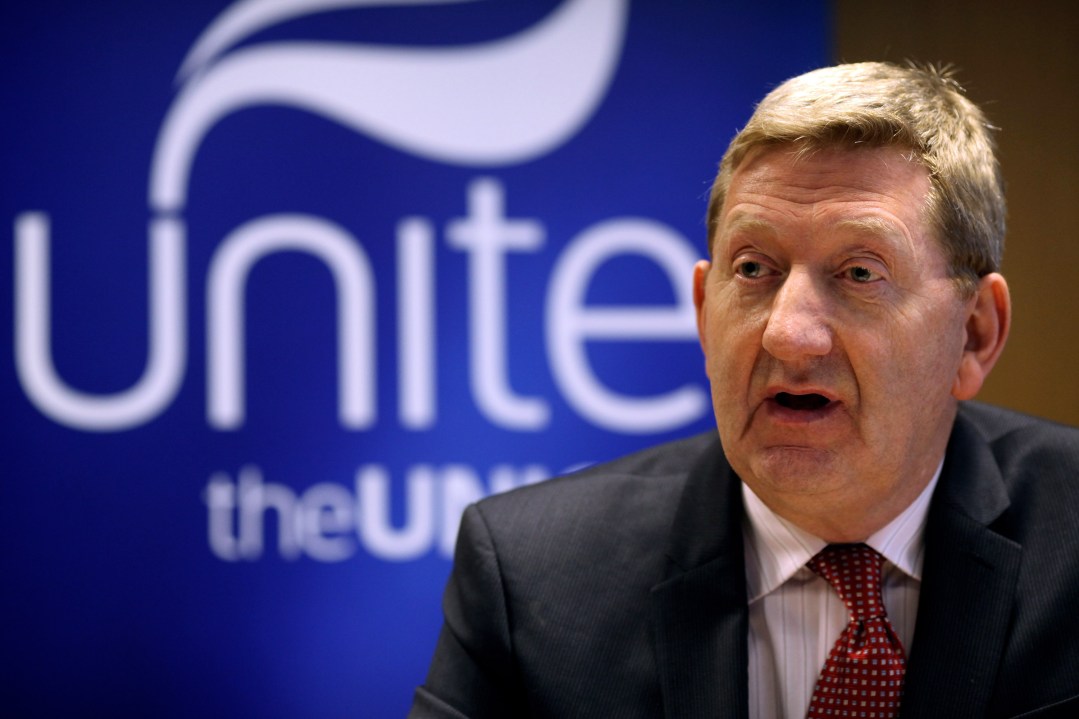 An “enhanced
offer” is how Treasury types are describing the revised pensions package that will be put before union bosses today — and so it is. As far as we can tell, concessions have been made
in three areas: i) the changes to public sector pensions will be spread across seven years, rather than five; ii) the accrual rate, which determines how much of a workers’ salary is notionally set
aside for their pension each year, will be made more generous; and iii) the “cost ceiling,” which sets a cap on long-term taxpayer contributions, will be raised for various schemes. There
could be more on offer, too.
An “enhanced
offer” is how Treasury types are describing the revised pensions package that will be put before union bosses today — and so it is. As far as we can tell, concessions have been made
in three areas: i) the changes to public sector pensions will be spread across seven years, rather than five; ii) the accrual rate, which determines how much of a workers’ salary is notionally set
aside for their pension each year, will be made more generous; and iii) the “cost ceiling,” which sets a cap on long-term taxpayer contributions, will be raised for various schemes. There
could be more on offer, too.
But all that, sadly, is unlikely to cool the quickening flames of industrial action. After all, the broad elements of the government’s pensions package remain in place: career average schemes,
greater worker contributions, CPI uprating, and all that. And those are the elements that have really incensed the union bosses, to the point where there have been legal challenges over some of them. It is telling that Unite’s negotiator, Gail
Cartmail, is already saying that:
And, yes, that’s the same Gail Cartmail who yesterday claimed that, “This government is sucking the life out of public sector workers,” and urged public sector workers to vote for a strike at the end of this month. There is little hint of conciliation in the air.“The government hasn’t moved on its red lines. It would be cause for celebration if any offer was made, but they would have to go a long way now.”
Given which, it seems that government’s latest offer is, as Paul Waugh suggests, more about politics than about averting a strike. Many coalitioneers I’ve spoken with are deeply exasperated that the unions haven’t warmed to a pensions package which, as they see it, protects the least well-off and remains relatively generous — and would now prefer to face them down. The calculation is that, were public sector workers to take it to the streets on 30 November, with all the disruption that entails, the wider public would not be on their side. Hence the “take it or leave it” tone today: the government can take it if the unions leave it.







Comments